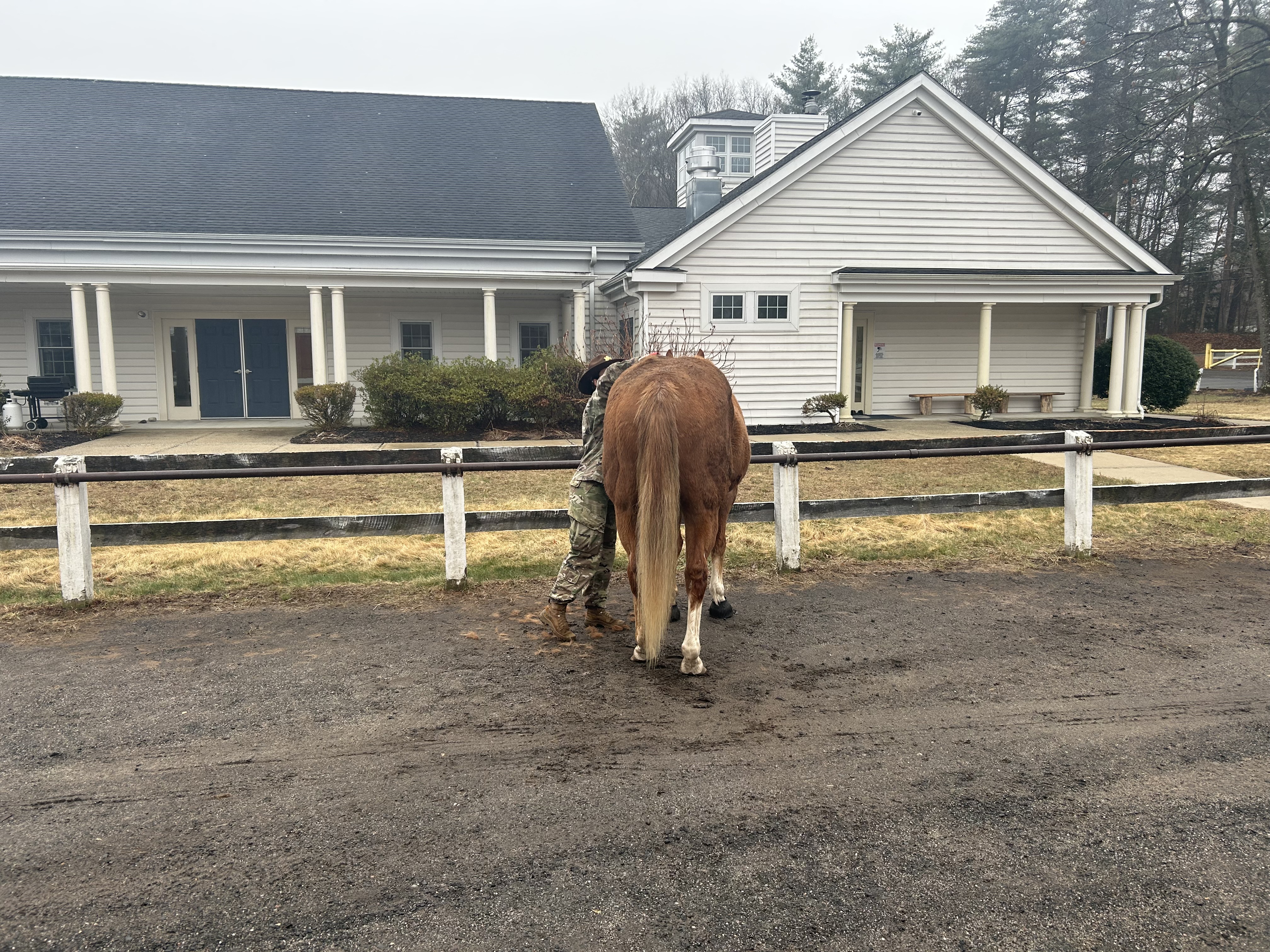
After three years since the first COVID-19 case was reported in Connecticut, there are still questions about where the response to the pandemic goes from here.
After three years since the first COVID-19 case was reported in Connecticut, there are still questions about where the response to the pandemic goes from here.
“I’m thankful we are going back to normal and the right direction,” said Al Johnson of New Britain.
That’s led to a decision to potentially end the national Public Health Emergency in May.
“We're down on hospitalizations, and deaths. There are effective treatments,” said Karl Minges, University of New Haven population health and leadership department chair.
Get top local stories in Connecticut delivered to you every morning. Sign up for NBC Connecticut's News Headlines newsletter.
The State of Connecticut is finalizing its plans.
But under federal guidelines from the Department of Health and Human Services, most private insurers are expected to cover vaccines without a co-pay.
Plans will be encouraged, but not required to fully cover testing.
Local
“If that cost burden is pushed on to the individual, they may or may not test if it's going to cost them some type of a co-pay or their over-the-counter tests are no longer going to be free,” Minges said.
How much folks might have to pay for certain COVID-19 treatments going forward is also among the concerns.
And while the height of the pandemic might be behind us, Minges points out COVID-19 is still one of the leading causes of death in the U.S. and is worrisome for some companies and people.
“I work in the nursing home so I wear my mask at all times because we don’t want to take it in there and give it to the residents,” said Patsy Anderson of Hartford.
Also, new research suggests the need for boosters.
A study from UConn Health found after vaccination, key antibodies dropped off steeply by nine months among those who have never been infected.
Those who had been previously infected had a stronger response after the shot.



